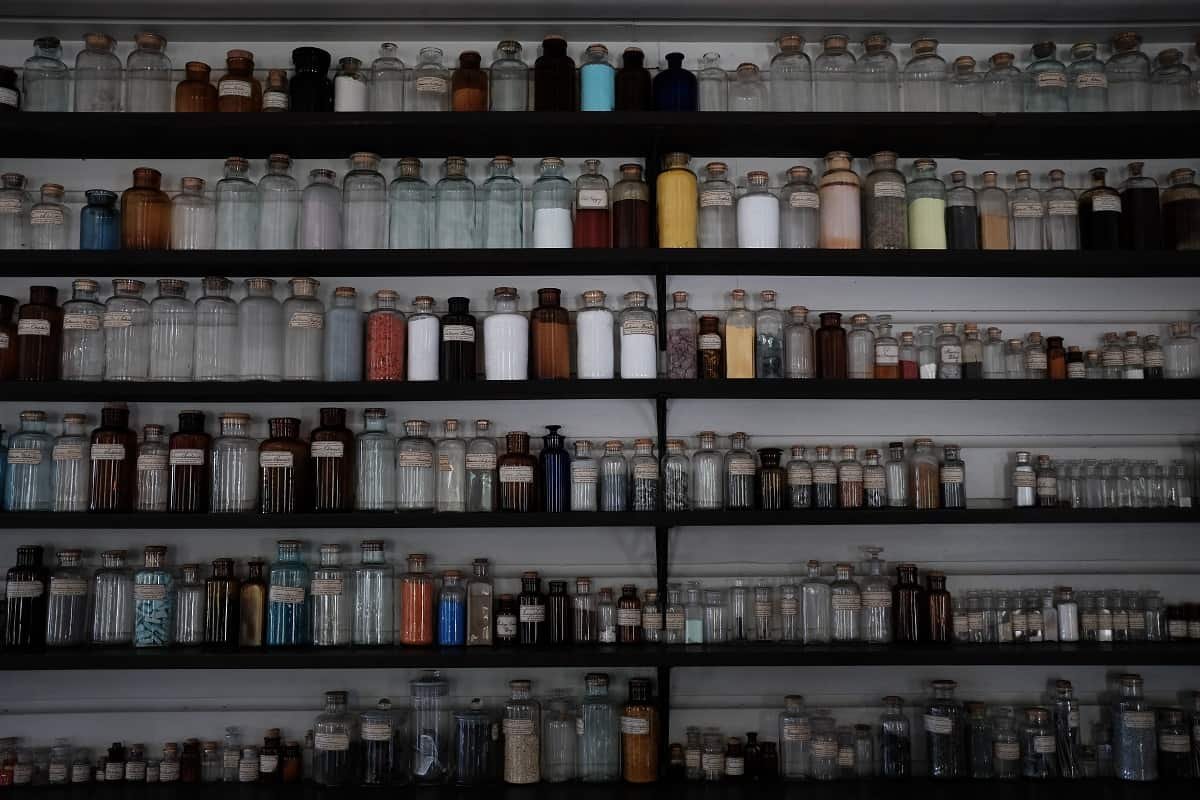One of the most challenging products to develop, manufacture, test, and launch is biologics. Besides the massive moral responsibility associated with them, companies also need to comply with strict regulatory standards throughout the entire process. In this article, we’re taking a look at some of the major challenges faced by the industry in their manufacturing.
What Are Biologics?
“Biologics” is short for biopharmaceutical products — which are essentially pharmaceutical drugs that are synthesized or extracted from biological sources. Examples include blood, blood components, gene therapy, somatic cells, vaccines, allergenics, recombinant therapeutic proteins, tissues, etc.
The field of biologics is projected to grow significantly in the near future. According to some estimated, the global market of biologics could reach a whopping US $479.7 billion by 2024. Bullish trends include more and more small molecule manufacturers directing their research and development efforts towards biologics, as well as 80% of 2019’s best-selling prescription drugs being biologics. The market forecasts set the field’s estimated compound annual growth rate (CAGR) at 10.9% till 2024.
However, those numbers aren’t as high as they could have been — and the biggest hindrance in the way is the complexity associated with developing biologics. They are large-molecule substances that demand sophisticated procedures, skilled workers, and advanced technology to manufacture.
Companies need to have an established understanding of logistical, scientific, and most importantly — regulatory aspects related to the production of biologics.
Let’s look at some significant analytical, manufacturing, and safety issues that companies have to deal with in order to develop biologics.
Manufacturing Challenges
Besides the long list of supply chain and safety issues tied to the development of biologics, manufacturers also need to have sharp project management skills and strategic planning to overcome manufacturing and formulation challenges.
Since biologics products come from organic tissue, they’re much more fragile than small molecules and need to be handled with extreme care. Issues due to their less physically robust nature are:
- Unability to use terminal sterlization methods in the final stages of manufacturing, therefore companies instead need to perform asepctic processing which is more compelx and time-consuming.
- Biologics are light- and temperature-sensitive, which means they should be stored in cool, dark places.
- Many biologic products are susceptible to protein aggregation especially when they come in a pre-filled vial or syringe.
- Biologics are not easy to form into tablets or capsules due to their inherent instability and low structural integrity. Therefore, most biopharmaceutical are developed to be taken through injection.
Environmental conditions also play a role in elevating the difficulties associated with biologics development services. For instance, room temperature is too warm to store biologics safely — they must be kept frozen, and freeze-thaw cycles need to be carried out with extra care since lyophilized biologics are extremely sensitive. Even filtration can lead to degredation or shearing.
During product development stages, pharmaceutical companeis and CDMOs take deliberate measures to consider and control temperature, agitation, and oxygen levels to avoid any unnecessary loss of product, especially during the early stages of production.
Keeping all of the above production prerequisites and challenges in consideration, it makes a lot of sense for pharmaceutical companies to partner up with specialized CDMOs to minimize losses, optimize production cycles, and save up on cost and time.











